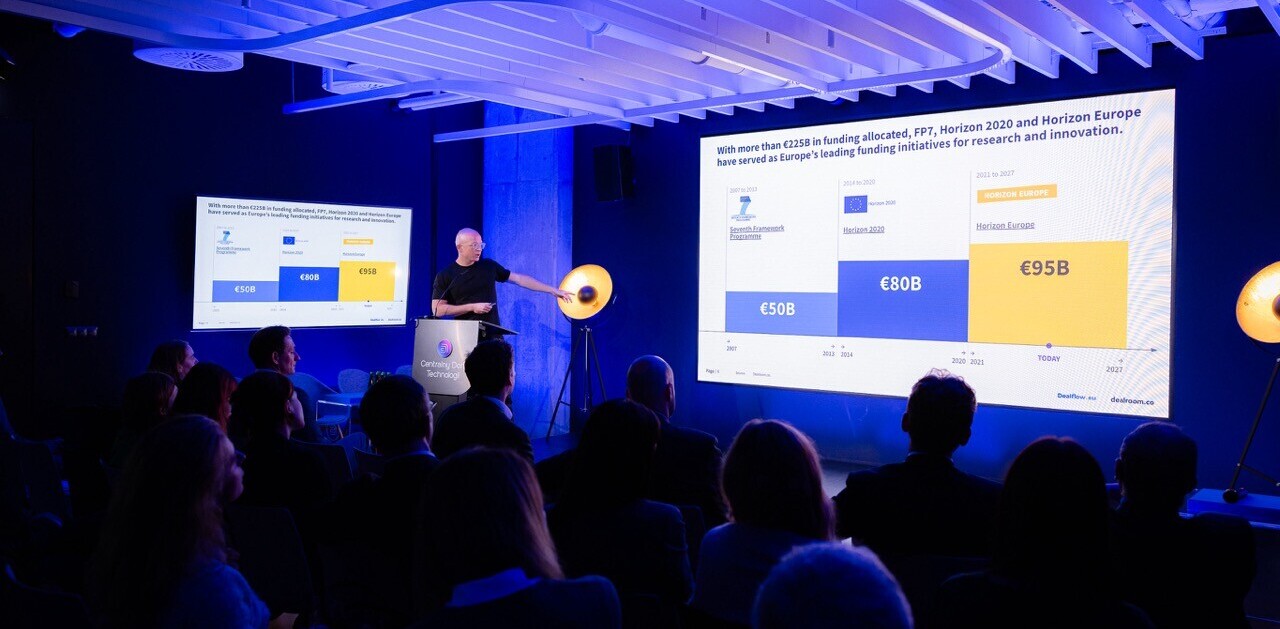
The Open Data movement has received a significant boost today with the announcement of the European Commission’s Open Data Strategy for Europe.
The move, which follows success with opening up public data to be used to create new apps and services in the UK and France, will see the Commission launching a three-pronged Open Data initiative. This will see it opening its own data portal, establishing standards for how open data should be handled across the European Union, and offering €100m in grants over the next two years to fund research that examines better technology for handling data.
Open Data allows developers to take existing public information, such as crime statistics, the locations of public amenities, public transport fares and much more, and transform it into useful tools to make that data more useful. For example, UK Pharmacy helps people in the UK find their nearest drugstore, and we’ve previously covered two teenagers who created a public transport app for smartphones using information made available under an Open Data strategy. Only last month, the UK government announced further initiatives in the UK.
Perhaps the most interesting part of the announcement is the EU-wide standards for Open Data. This will see a number of guidelines by which data should be handled across the Union:
- It will be a general rule that all documents made accessible by public sector bodies can be re-used for any purpose, commercial or non-commercial, unless protected by third-party copyright.
- Public bodies should not be allowed to charge more than the costs triggered by the individual request for data. This should mean that most data should be available for free, or virtually for free.
- Data should be available in commonly used, machine-readable formats, to ensure it can be effectively re-used.
- A regulator will be put in place to ensure that these principles are adhered to.
- 2003 rules on the reuse of public sector data will be expanded to include libraries, museums and archives.
The European Commission’s own data portal is currently undergoing beta testing, with an expected launch in Spring 2012. The portal will offer re-usable information from all EU institutions, bodies and agencies, as well as national authorities.
The Commission has conducted research which has found that high fees, non-transparent rules and practices regarding re-use, a lack of transparency on what type of data is held and by whom, and exclusive licensing agreements which may undermine competition are all factors that together often hold back the Open Data movement in Europe.
Today’s announcement should go some way to addressing this problem and helping the EU become more transparent, while letting new businesses build on top of the data. The new rules are expected to come into effect in 2013, with EU member states then having 18 months to make them law.
Get the TNW newsletter
Get the most important tech news in your inbox each week.




